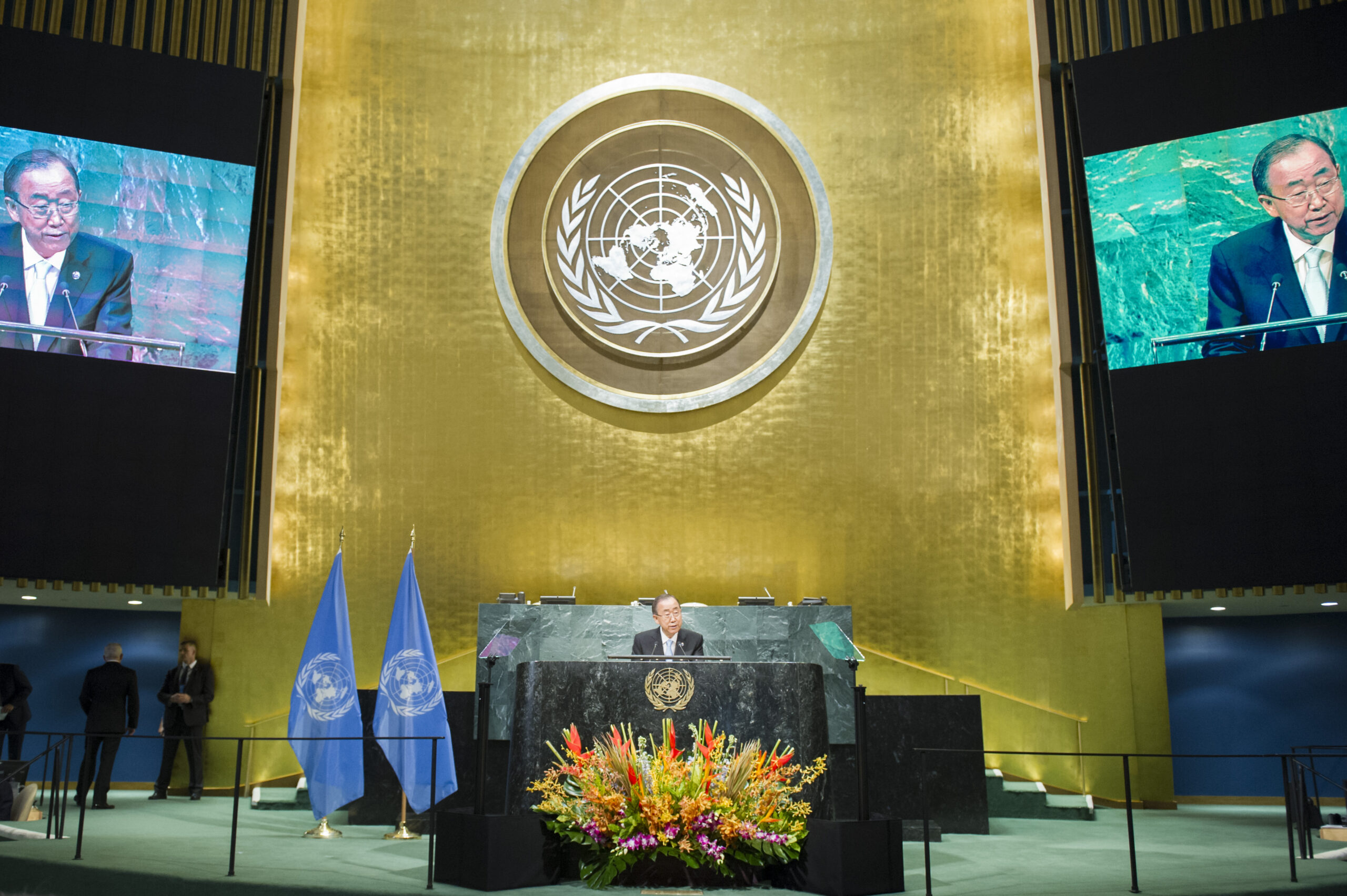
How the Paris Agreement Can Help Us Get to a Low-Carbon Global Economy
The Paris Agreement’s most significant departure from the Kyoto Protocol was the shift from top-down, legally binding emissions targets to bottom-up, voluntary pledges on emission cuts, opening the way for reluctant parties to get on board and for the climate agreement to articulate more ambitious goals.
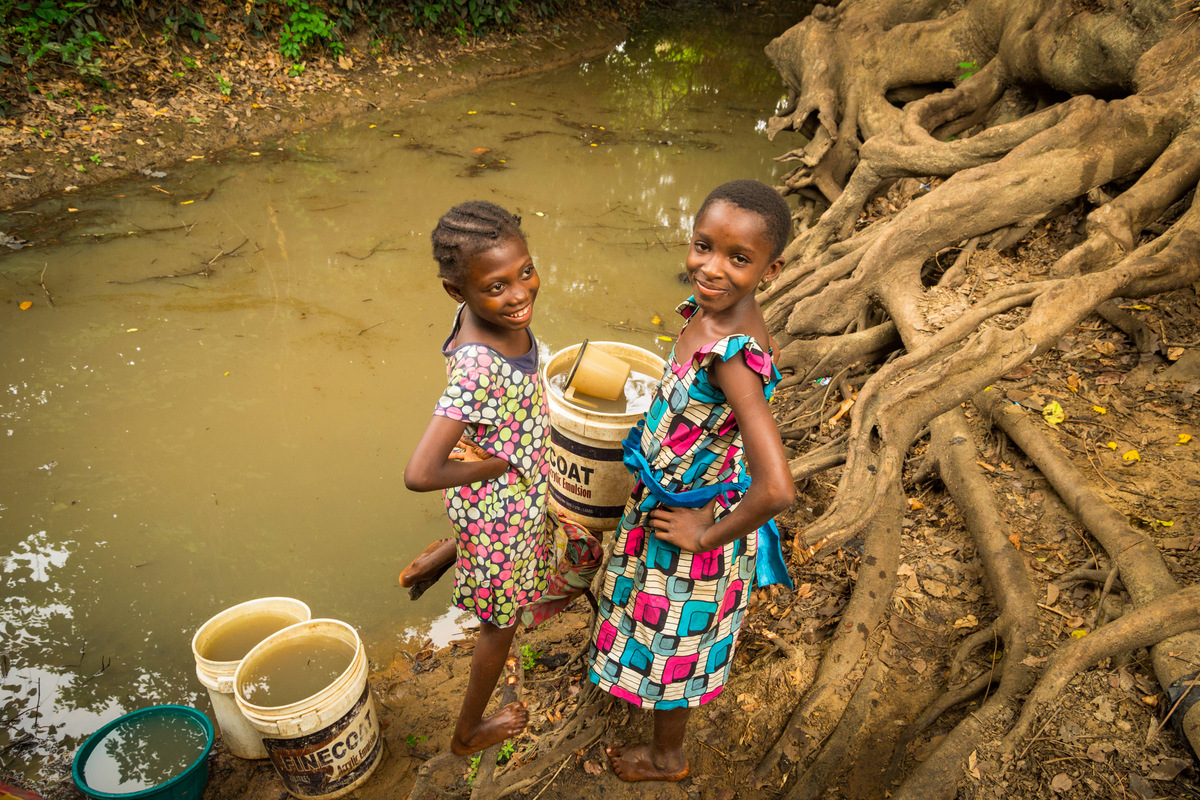
From Water Scarcity to Conflict or Cooperation
Although it can be a factor that exacerbates conflict, water scarcity in transboundary river basins can also provide incentives and opportunities for greater cooperation between countries.
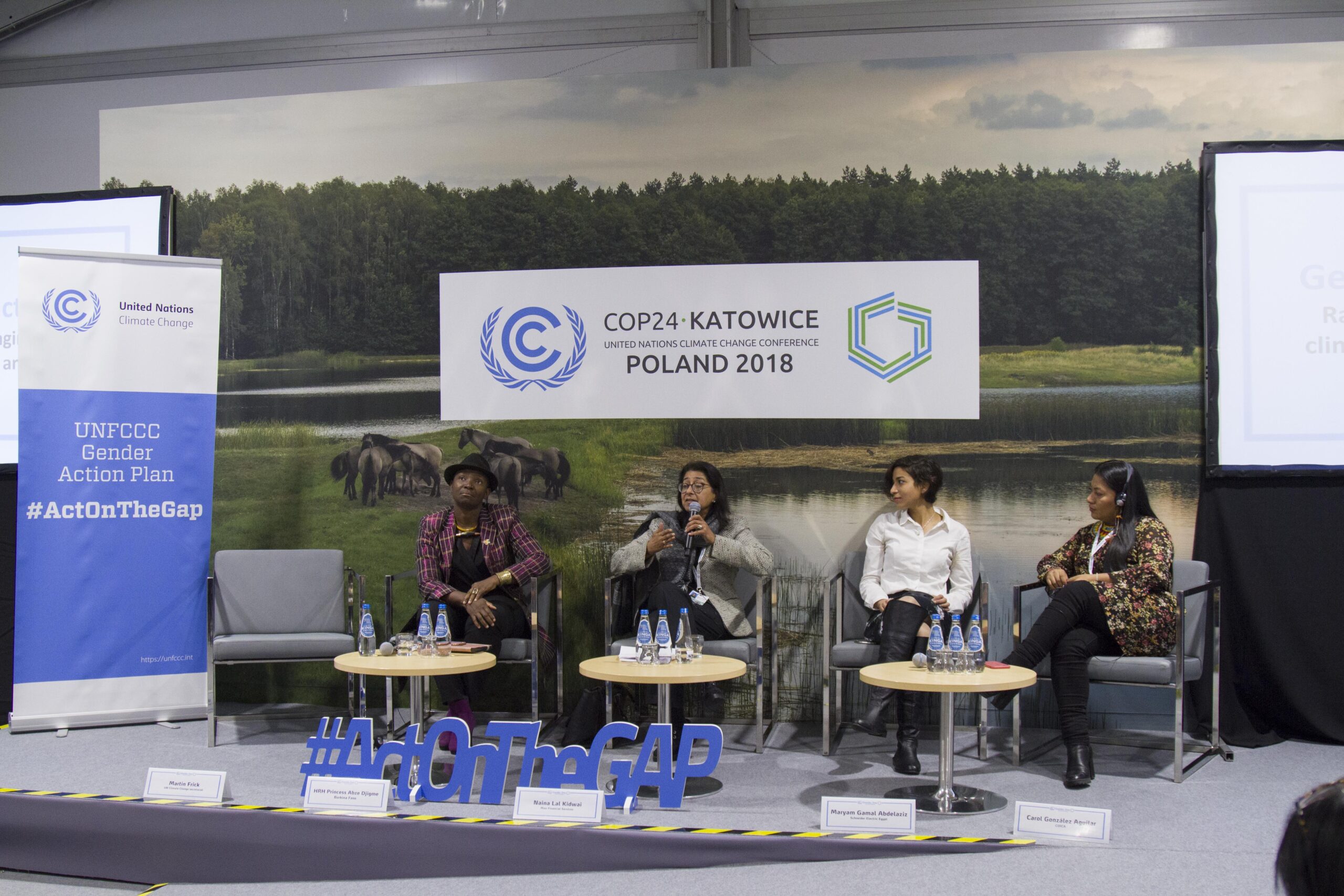
Considering Links Between Gender, Climate Change, and Conflict
Gender—along with other social identities—positions women and men in particular ways in relation to power and influences both how vulnerable or adaptive they are to environmental change and how they experience violent conflict and its transformation.
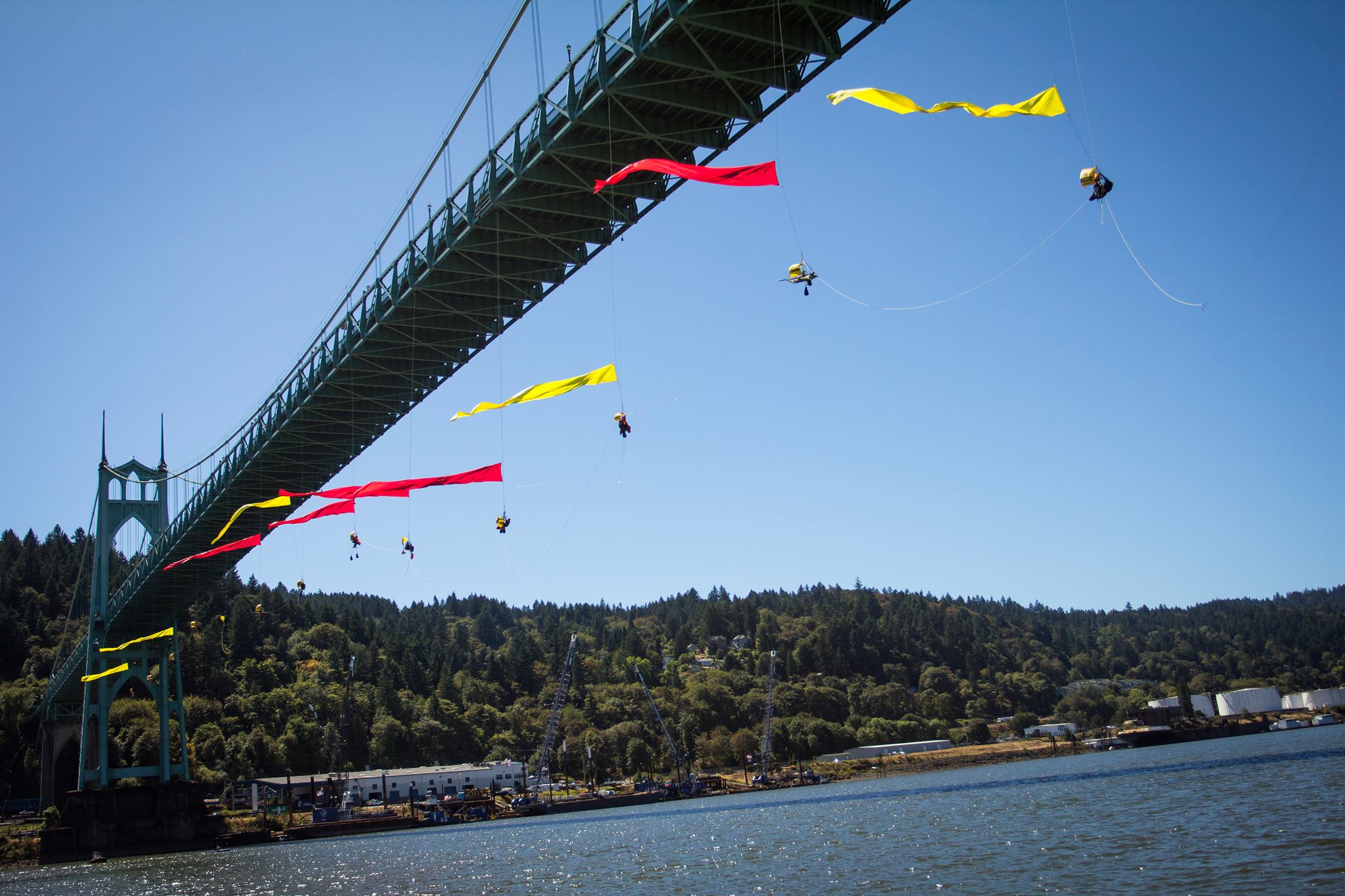
Assessing the European Union’s Inclusive Peacebuilding Efforts in Georgia and Yemen
Peacebuilding actors who wish to promote inclusive peace processes must contend with the tension between the legitimacy and sustainability benefits of inclusivity, on one hand, and the challenges inclusivity poses for reaching any settlement at all, on the other.
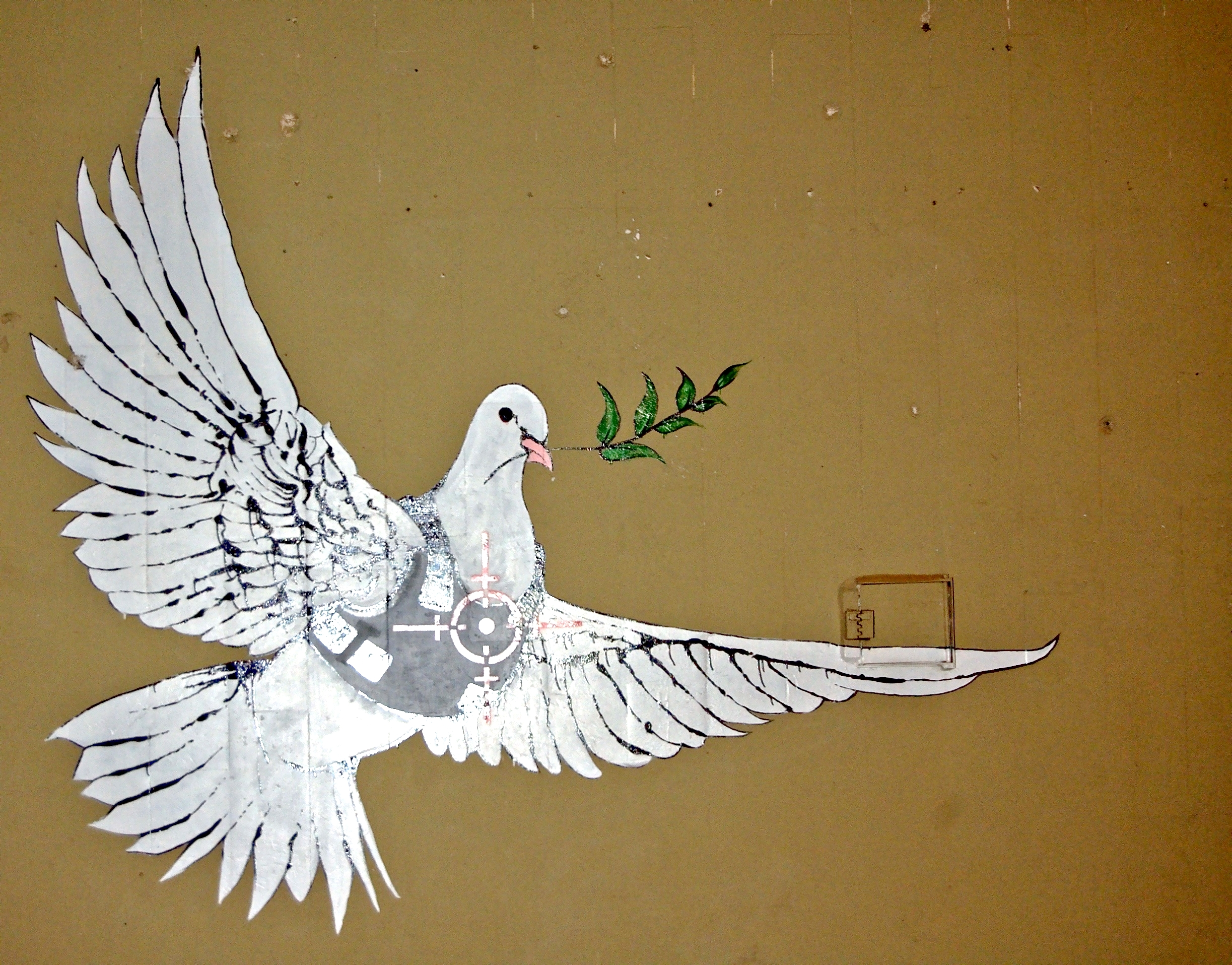
What to Do When Negotiations Are Premature: Learning From the 2013-2014 “Kerry Initiative” in Israel/Palestine
The Israeli/Palestinian peace process facilitated by U.S. Secretary of State John Kerry in 2013-2014 failed for various reasons.

Teaching War and Peace Through Podcasts
Developing podcasts helps students humanize the study of war and peace, as they contend with the concrete ways in which conflicts manifest themselves in the lives of real human beings.
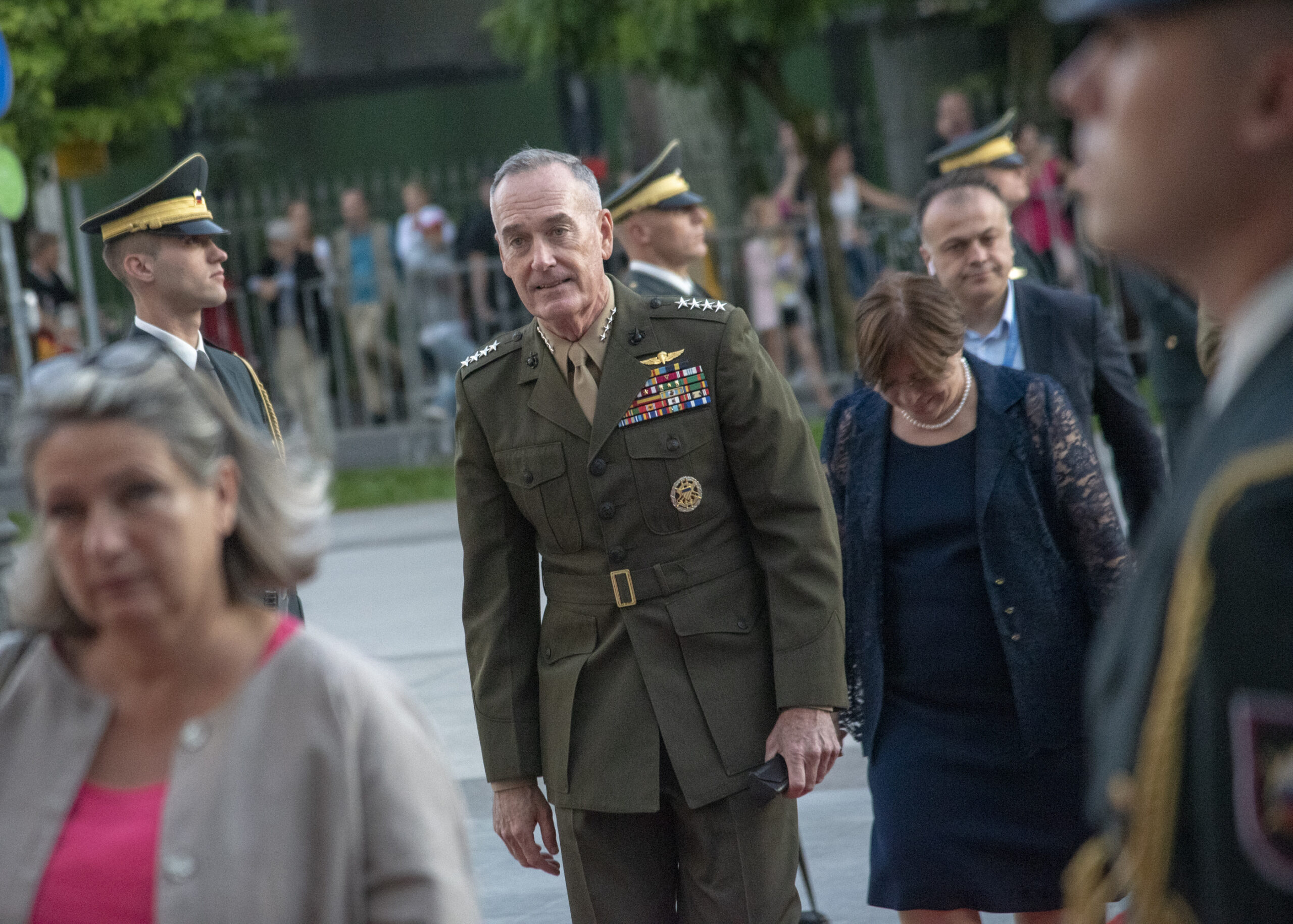
Gender Advisors in NATO Militaries
Assuming they have adequate resources, gender advisors can achieve incremental success in integrating the Women, Peace and Security agenda into the institutional structure of the military.
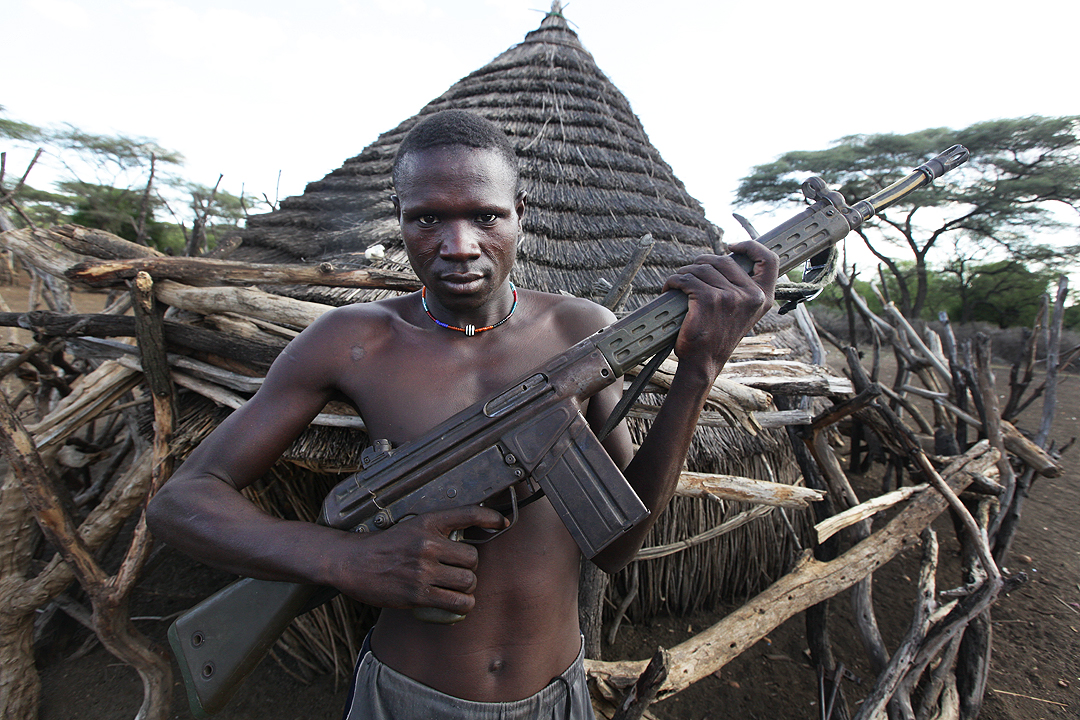
Lessons Learned From Unsuccessful Conflict Intervention Strategies in South Sudan
An approach to peacebuilding that focuses solely on elections, democracy, and power-sharing is not adequate and needs to be supplemented by reconciliation and relationship-building processes to facilitate a more sustainable peace.
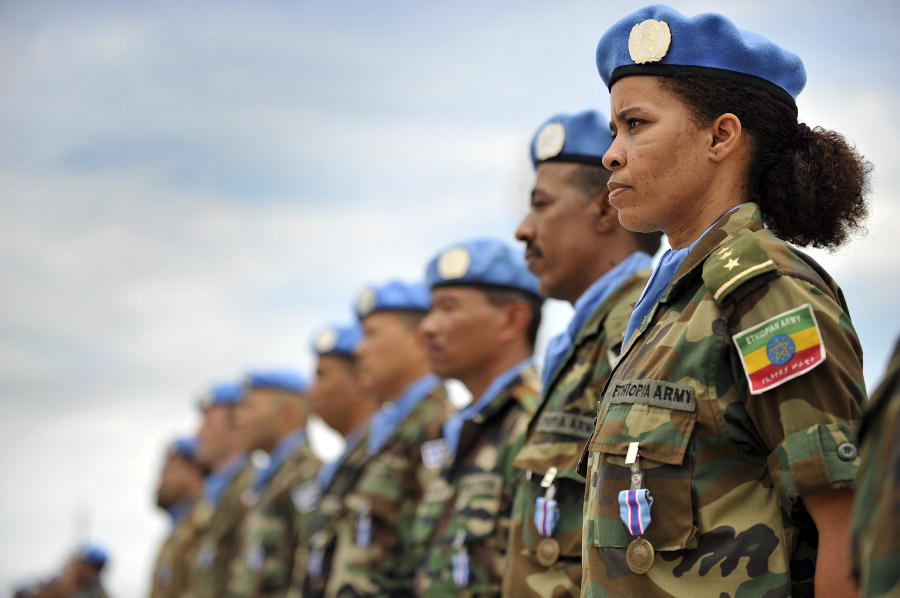
Assessing Armed and Unarmed Approaches to Peacekeeping
Unarmed civilian peacekeeping (UCP) has successfully engaged in the tasks traditionally associated with peacekeeping, demonstrating that peacekeeping does not require military personnel or the presence of weapons to carry out its violence prevention and civilian protection functions; furthermore, UCP can fulfill these functions in a way that also addresses some of the shortcomings of armed military peacekeeping.

Civics Textbooks, Peace Education, and Peacebuilding in Sri Lanka
While Sri Lankan civics textbooks affirm global norms around peace and citizenship education in the abstract, they also simultaneously contradict and/or undermine these in various ways in service of the government’s agenda.
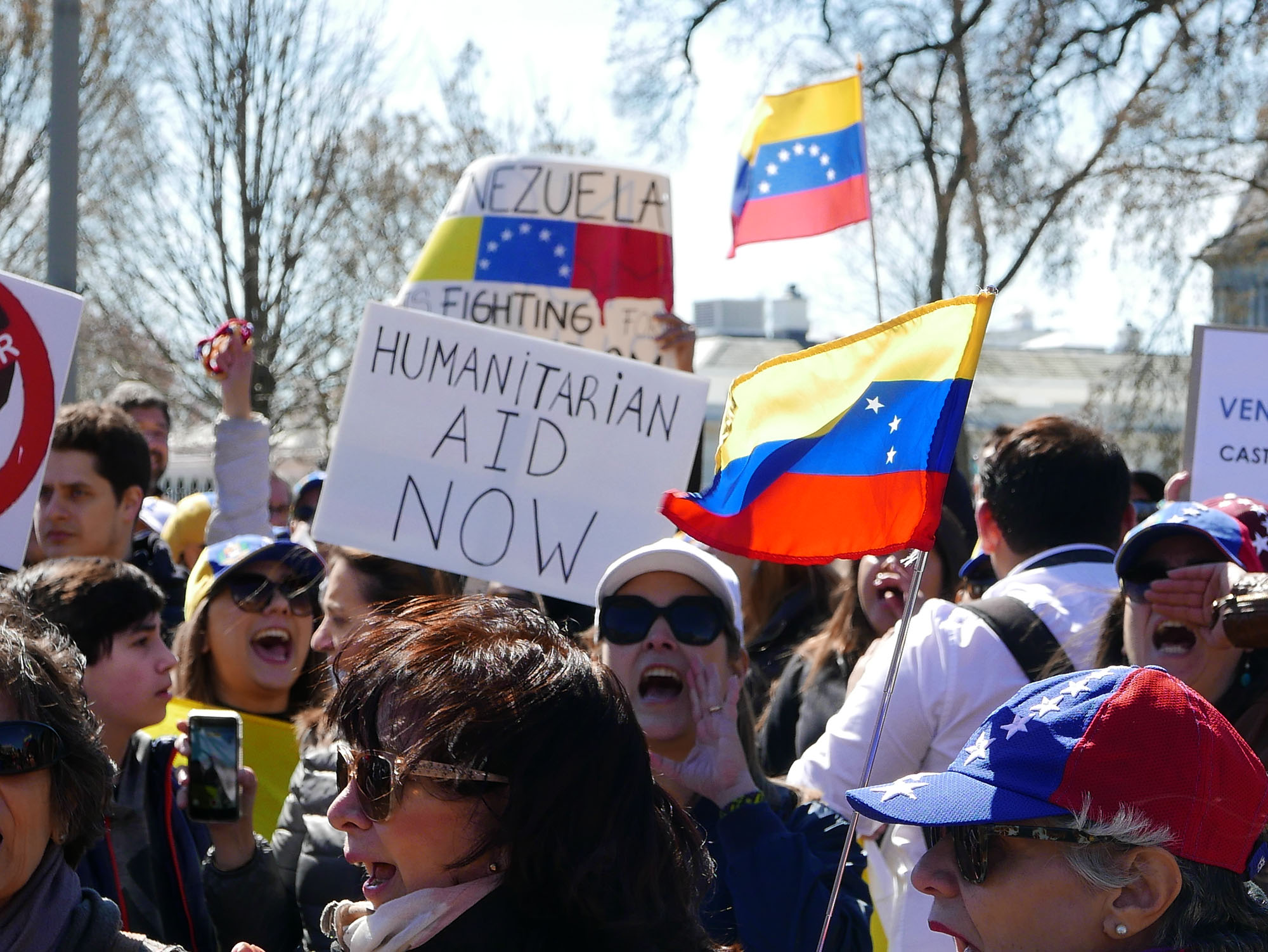
What Drives Public Support for Humanitarian Interventions?
In the United States, military interventions conducted for humanitarian objectives receive significantly higher public support than interventions serving security interests.
